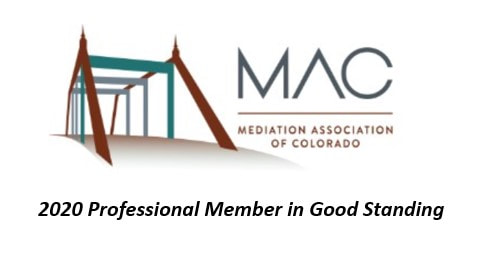In a courtroom, witness credibility skyrockets when the eyes water up and it all floods out: the person is speaking from the heart, and everyone in the room knows it.
0 Comments
You should be amazed at the potential for back-channel communications between mediators, lawyers, and judges, not to mention clients, arbitrators and witnesses. It is all out there in the world of LinkedIn, Facebook and Twitter. If you are engaged with the court system, or the world of alternative dispute resolution, you may be concerned about the unseen in your divorce, child custody or other mediation.
I have recently made the transition from wearing the black robe for a state court, to becoming a private mediator. As I made the transition, my friends said, “You should really get on LinkedIn.” I did, and to my surprise, I found a good number of my former judicial colleagues already there ahead of me. I was surprised, because judges are not supposed to have undisclosed links to the lawyers and litigants who appear in front of them, at least not links outside of court proceedings. Social media allows for what lawyers call ex parte contacts, meaning communications with one side when the other cannot participate. It is not that I think any of my colleagues abuse social media. I have never seen any hint of that, but I do wonder what the clients and parties to the cases would think. The ABA code of conduct requires that mediators do not act with partiality or prejudice, and that they avoid conduct that gives the appearance of partiality. Suppose I am a Facebook Friend and LinkedIn buddy with one party’s lawyer, but not the other. What if I have social media contacts with one of the parties to a case, but not the other? The situation is arguably more acute in arbitration, because an arbitrator really is like a judge who decides the case. At least a mediator is powerless to order a result. Arbitrators can have a statutory duty to make written disclosure of any kind of contact they have with lawyers, parties, or judges involved with their cases. Full disclosure is the right thing to do in mediation too. Prior to being hired, I have offered to connect to lawyers or clients so that they can see my LinkedIn profile. This provides transparency, and if asked I am happy to at least temporarily sever connections so that parties need not worry about out unseen communications to counsel via social media. Similarly, I will disclose whether I am connected on Facebook and Twitter. |
Simon SaysThis is an outlet for new information, and the occasional reflection upon a decade in Colorado's Courts. Archives
April 2020
Categories
All
|

 RSS Feed
RSS Feed
